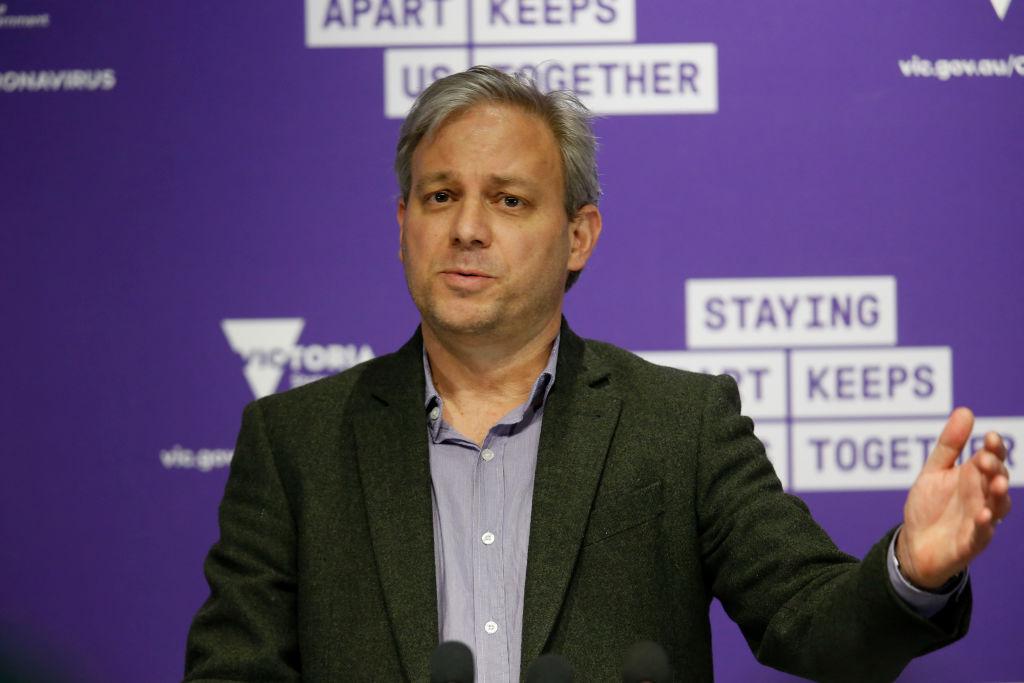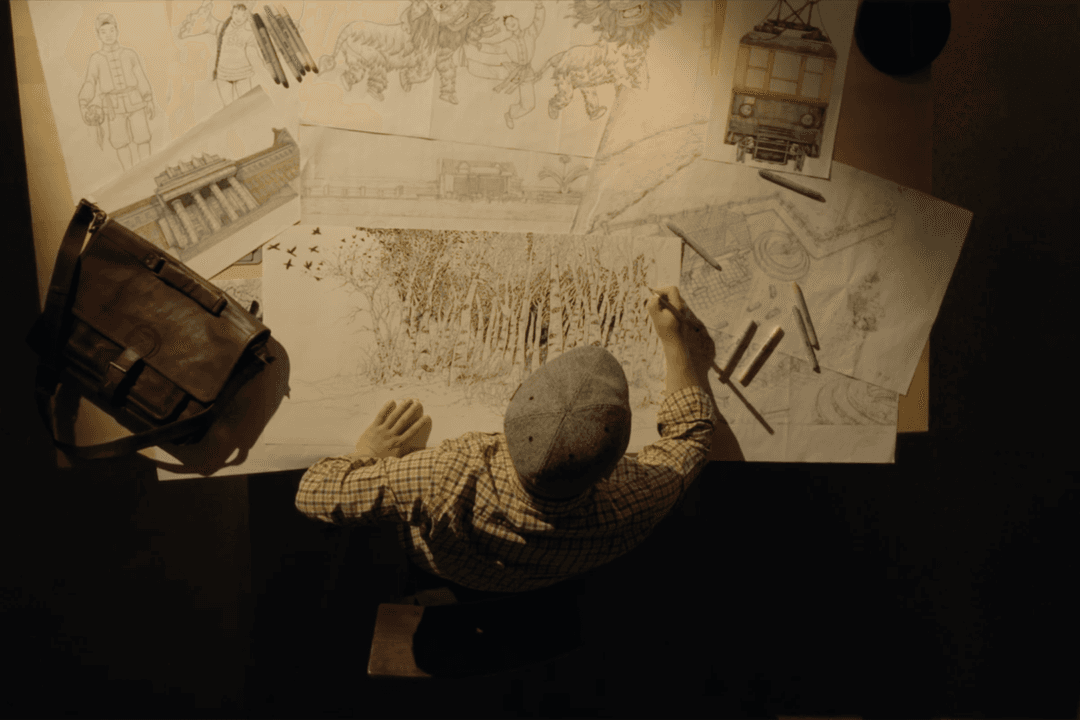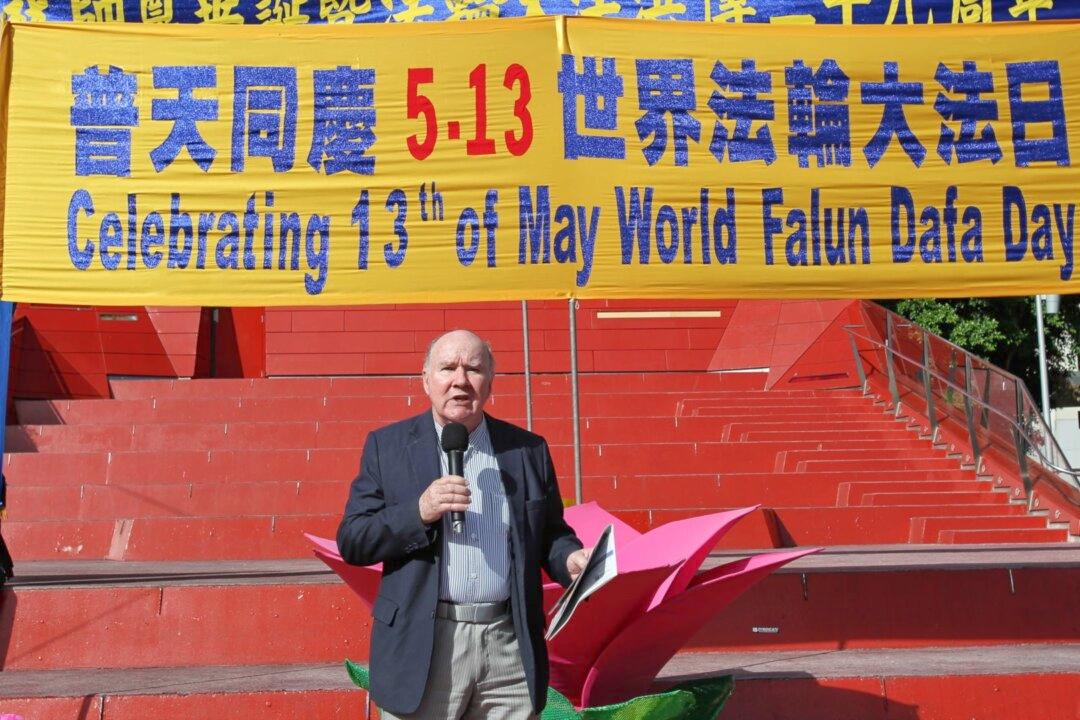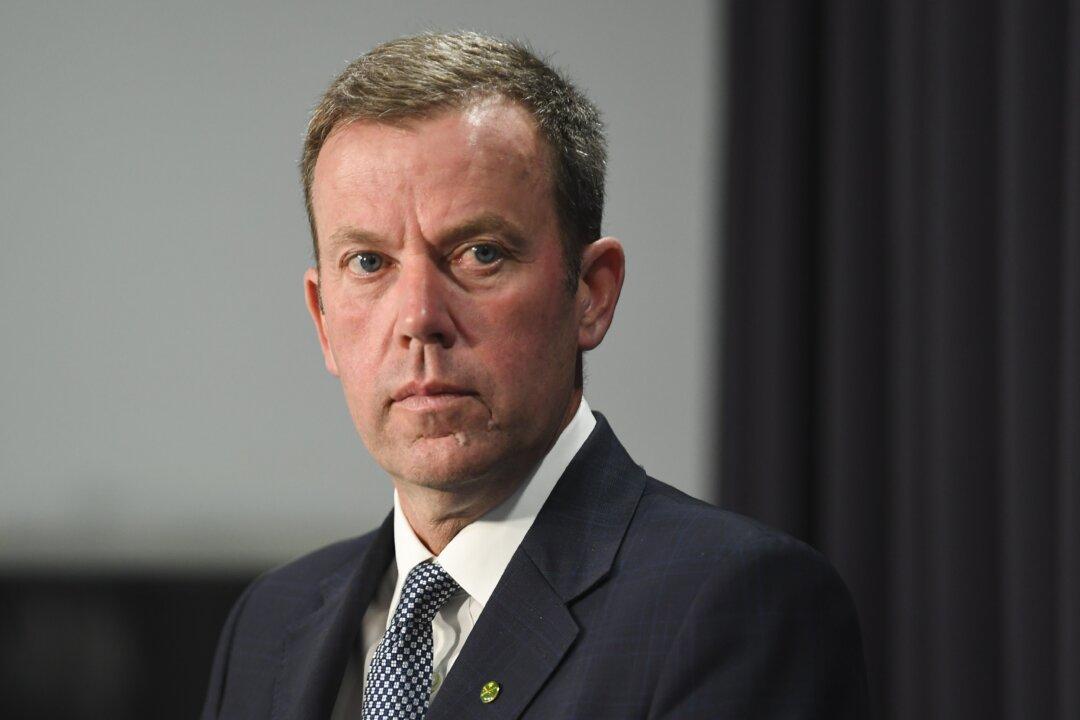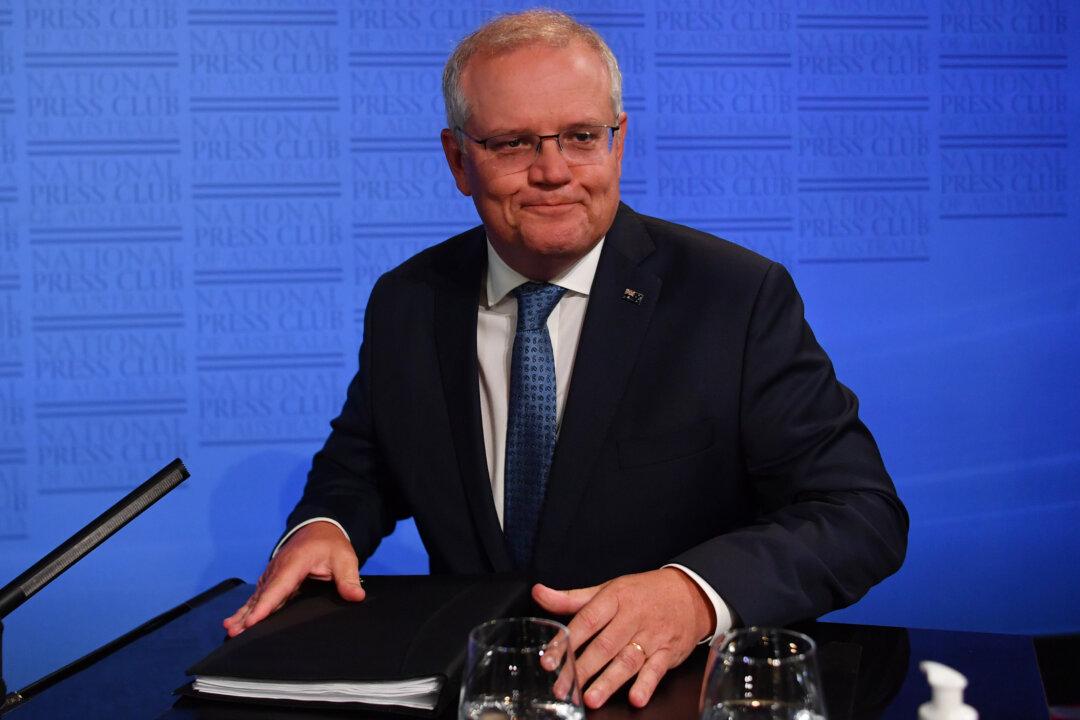Victoria’s hotel quarantine inquiry will hold an extraordinary hearing on Tuesday after receiving new evidence from the state’s Department of Human Health and Services last week, including emails from Chief Health Officer Brett Sutton that bring into question his testimony.
On Oct. 17 a spokesperson from the hotel quarantine inquiry announced an extraordinary sitting will be held on Tuesday at 2 p.m. AET. But no further insight was given as to why or who will be called upon.
